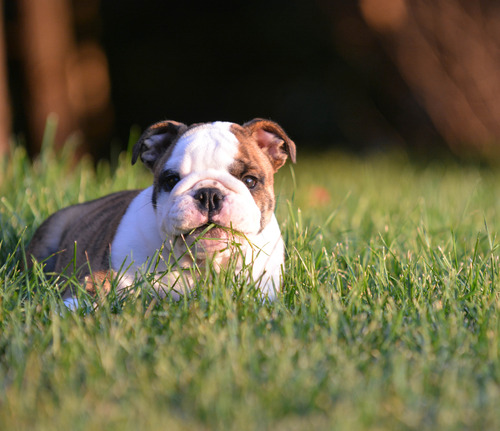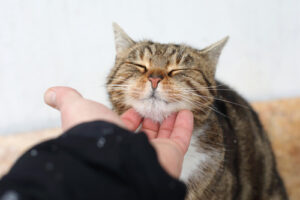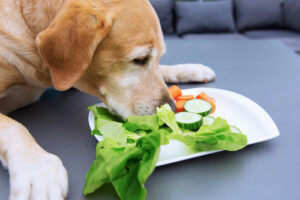Dogs often eat grass for a variety of reasons, ranging from simple curiosity to digestive comfort. While it might look unusual, this behavior—known as pica, or eating things that aren’t food—is common and usually harmless. Some dogs nibble on grass because they enjoy the texture or taste, while others may do it when they feel mild stomach upset. Understanding the reasons behind your dog eating grass can help you better interpret their behavior and ensure they stay healthy and happy.
Why Do Dogs Eat Grass?
Many pet owners are surprised to see their dogs chewing on grass, especially if they’re well-fed and otherwise healthy. In most cases, dog eating grass behavior isn’t cause for concern. Dogs are naturally curious animals that explore their environment through smell and taste, and grass is one of the most available and interesting textures outdoors. Some dogs eat grass simply because they like it, because it’s a sensory experience. Others may do it as a way to calm their stomach, fulfill a nutritional need, or because it’s become a habit. While this behavior is typically normal, it’s still helpful to understand the different motivations behind it.
Common Reasons for Dog Eating Grass
There are several possible explanations for why your dog might munch on grass.
Instinctual Behavior
Before dogs were domesticated, their ancestors often ate entire prey, including the plant material found in their prey’s stomachs. This could mean that dog eating grass is a natural instinct passed down through generations. Some researchers believe dogs may still crave small amounts of plant matter, even if they get all their nutrients from modern dog food.
Boredom or Habit
If your dog spends a lot of time alone outside or doesn’t get enough mental stimulation, chewing grass can become a way to pass the time. Much like humans might snack out of boredom, dogs may nibble on grass when they’re not otherwise engaged. Offering more playtime, enrichment toys, and walks can sometimes reduce this behavior.
Taste and Texture
Grass can be appealing to dogs because of its texture, scent, or even the way it feels between their teeth. Some dogs seem to prefer fresh, tender shoots of grass, which may taste sweeter or more palatable.
Minor Digestive Upset
Some dogs turn to grass when their stomach feels unsettled. The texture of grass blades can trigger vomiting in some cases, which may relieve mild nausea. However, most dogs who eat grass do not vomit afterward, suggesting that not every dog eating grass episode is related to stomach discomfort.
Is Dog Eating Grass a Sign of Nutritional Deficiency?
One theory about dog eating grass is that it may indicate a lack of fiber or certain nutrients in their diet. While it’s true that grass contains fiber, most commercial dog foods are already nutritionally balanced and provide adequate amounts of fiber. However, some dogs may instinctively seek out additional roughage if they’re feeling constipated or if their digestion is off.
If your dog’s grass-eating seems excessive, or if they’re also showing signs like weight loss, lethargy, or changes in appetite, a veterinary check-up is a good idea to rule out underlying issues. It’s also important to note that dogs sometimes copy behavior they see in other dogs. So, if one dog in a household starts eating grass, others might follow suit without any nutritional reason at all.
When Dog Eating Grass Might Be a Concern
While grass-eating is generally normal, there are a few situations where it could signal something more.
Frequent Vomiting or Digestive Issues
If your dog often vomits after eating grass or does it every time they go outside, it may indicate a deeper digestive problem. Persistent vomiting or changes in stool should always be checked by your veterinarian.
Exposure to Chemicals or Pesticides
Grass treated with fertilizers, weed killers, or pesticides can be dangerous for dogs. Ingesting treated grass could lead to toxicity or gastrointestinal irritation. Always be cautious about where your dog grazes, especially in public areas or lawns recently treated with chemicals.
Obsessive Behavior
Some dogs may develop a compulsion to eat grass, especially if they are anxious or lack stimulation. In these cases, grass-eating can become repetitive or intense. Behavioral enrichment and consistent exercise can help redirect this energy into more positive outlets.
Can Dog Eating Grass Be Prevented?
While there’s often no need to stop your dog eating grass, you can discourage excessive chewing if it’s becoming a concern.
- Provide a Balanced Diet: Ensure your dog’s food contains adequate fiber and nutrients. Talk with your veterinarian about whether a different formula or added dietary fiber may help reduce grass-eating behavior.
- Offer Mental and Physical Enrichment: Keeping your dog active and engaged is one of the best ways to prevent boredom-related behaviors. Regular walks, puzzle feeders, and interactive toys can occupy your dog’s mind and reduce idle grazing.
- Supervise Outdoor Time: If your dog frequently eats grass, especially in areas you can’t confirm as chemical-free, it’s wise to supervise outdoor play. Redirect their attention with a toy or a game when they start grazing.
- Avoid Harsh Deterrents: Never use punishment or harsh corrections to stop dog eating grass behavior. Instead, use positive reinforcement to encourage alternative actions, such as responding to a “leave it” cue or focusing on a treat instead.
How Dog Eating Grass Differs Between Individuals
Every dog is unique, and not all grass-eating looks the same. Some dogs nibble occasionally, while others make it a routine. Age, breed, and environment can all play a role in how often a dog eats grass. For example, high-energy breeds or younger dogs may chew grass more out of curiosity, while older dogs might do it to aid digestion. If your dog eats grass but appears otherwise healthy, maintains normal eating habits, and shows no signs of distress, it’s usually considered a normal part of canine behavior. Still, paying attention to patterns can help you spot any changes that might require veterinary attention.
How to Respond if Your Dog Eats Grass
If your dog eating grass behavior seems norma (occasional and without vomiting) it’s likely nothing to worry about. However, you can take some simple steps to make the experience safer and more controlled.
- Choose safe areas: Allow your dog to explore and nibble on untreated grass in your yard, avoiding parks or lawns with unknown maintenance.
- Monitor for changes: Keep an eye out for signs of distress, like coughing, drooling, vomiting, or changes in stool.
- Provide hydration: Ensure your dog always has access to fresh water, especially during warm weather when they may graze more frequently.
- Use training cues: Reinforce positive behaviors with gentle redirection if they start chewing excessively.
These habits help create a safer environment without interrupting your dog’s natural instincts.
Helping Your Dog Thrive in Port Hadlock, WA
Seeing your dog eating grass occasionally is a common experience for local pet owners. While this behavior can be normal, it’s always best to stay informed and observe your pet’s habits. The team at Chimacum Valley Veterinary Hospital in Port Hadlock, WA, can help you understand your dog’s behavior and answer any questions you have about their health. If you notice unusual eating patterns, frequent vomiting, or other changes in your pet’s behavior, contact Chimacum Valley Veterinary Hospital for guidance. Call (360) 385-4488 or book an appointment online today to keep your pet’s health and happiness on track.





